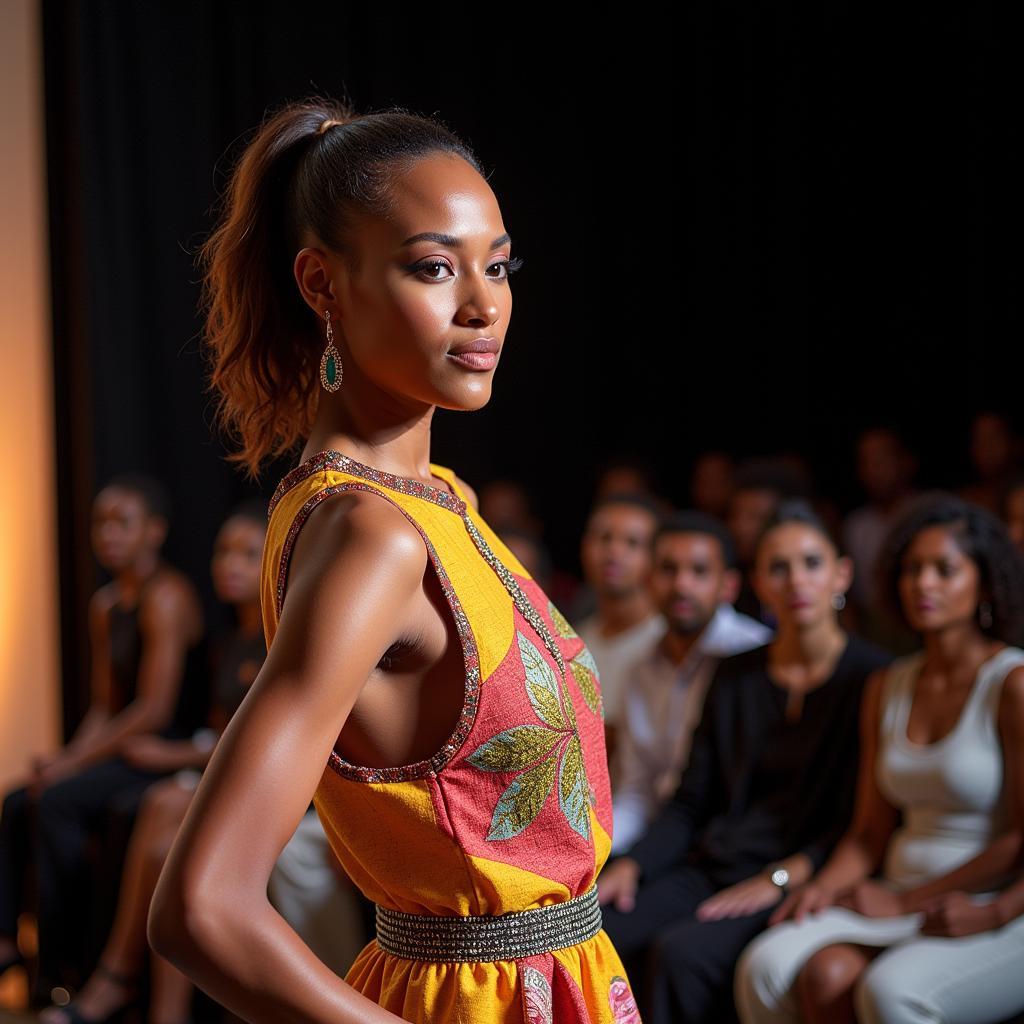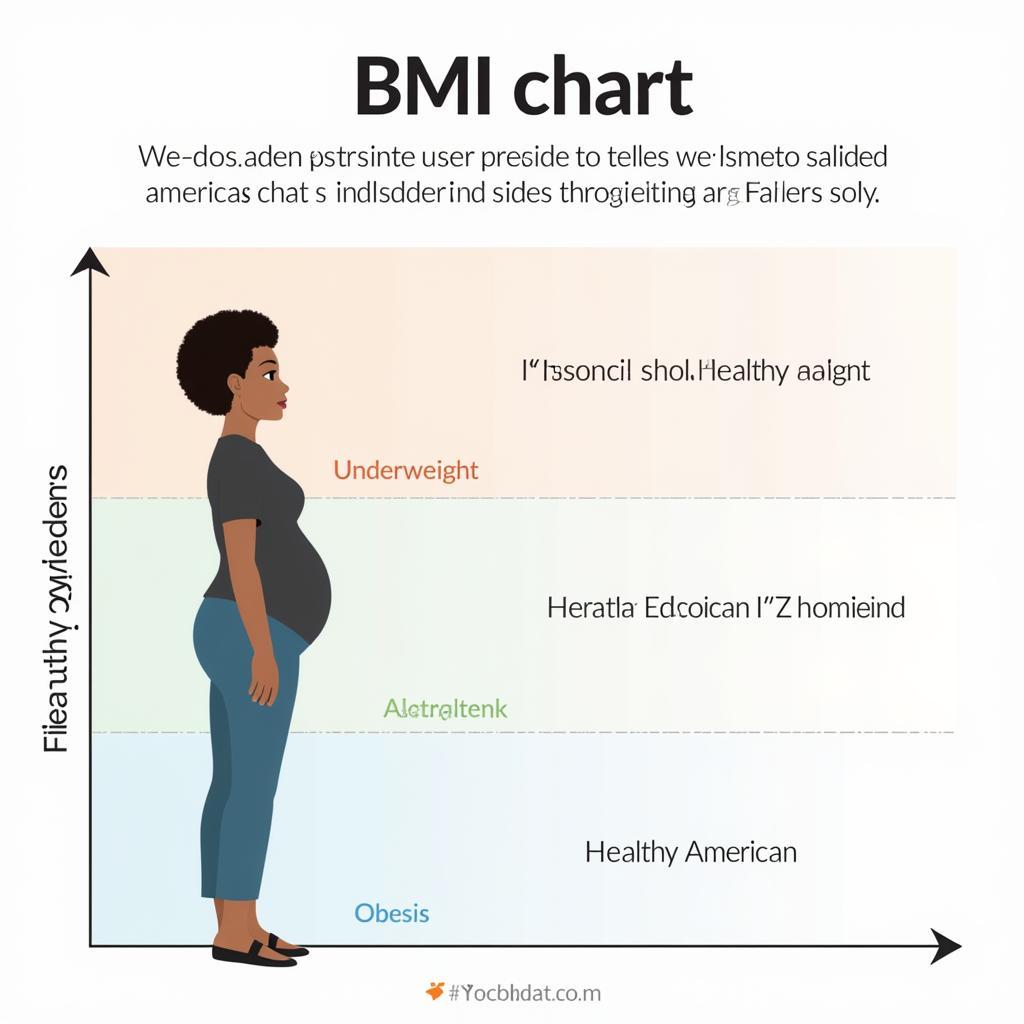The African Boy Meme: From Innocent Image to Global Phenomenon
The “African Boy Meme” has taken the internet by storm, evolving from a simple image of a young boy to a widely recognized symbol used in various online contexts. But how did this meme come to be, and what does it say about our digital culture and the representation of Africa and its people in the online world?
The Genesis of a Meme: Tracing the Roots
The story of the “African boy meme” begins with a single photograph. While the exact origins of the image remain somewhat unclear, it is believed to have surfaced online around 2015-2016. The photo depicts a young boy, often cited as being from Ghana, with a thoughtful expression on his face. This innocent image, however, was quickly co-opted by internet users and transformed into a meme.
Initially, the meme format involved pairing the boy’s image with captions that portrayed him as a calculating or mischievous mastermind. The humor often stemmed from the juxtaposition of his youthful appearance with the attributed cunning thought process. The meme’s popularity grew rapidly, spreading across social media platforms and evolving into various iterations.
Beyond the Laughs: Deconstructing the “African Boy Meme”
While the “African boy meme” is often used for harmless humor, it’s crucial to analyze it within the broader context of representation and cultural sensitivity.
Perpetuating Stereotypes?
One of the main criticisms leveled at the meme is its potential to perpetuate stereotypes about Africa and Africans. By consistently associating the young boy with scheming or mischievous behavior, the meme, even unintentionally, reinforces a simplistic and potentially harmful narrative. This is particularly problematic given the historical misrepresentation of Africa in Western media, often portraying the continent through a lens of poverty, conflict, or exoticism.
The Power and Pitfalls of Digital Humor
The “African boy meme” highlights the complexities of humor in the digital age. It reminds us that even seemingly innocuous memes can carry cultural baggage and contribute to harmful stereotypes. It’s crucial to be mindful of the potential impact of online content, even when intended humorously.
From Meme to Movement: Reclaiming the Narrative
Despite the valid concerns surrounding its usage, the “African boy meme” has also sparked positive conversations about representation and cultural understanding. It has prompted discussions about the need for more nuanced and diverse portrayals of Africa in popular culture and beyond.
Furthermore, some individuals and organizations have attempted to reclaim the narrative surrounding the meme. They use the meme format to celebrate African culture, highlight achievements, and challenge negative perceptions. This proactive approach demonstrates the power of the internet to both perpetuate and subvert stereotypes, allowing individuals and communities to take control of their own narratives.
Conclusion: Navigating Representation in the Digital Age
The “African boy meme” serves as a potent reminder of the complexities of representation in our increasingly interconnected world. While its origins and some of its uses raise concerns about cultural sensitivity, the meme’s evolution also highlights the potential for dialogue and positive change. As we navigate the digital landscape, it’s crucial to engage with online content critically, questioning the messages we consume and create, and striving for a more inclusive and equitable representation of all cultures.
FAQs about the African Boy Meme
1. Who is the boy in the meme?
The exact identity of the boy in the meme remains unconfirmed. However, he is often cited as being from Ghana.
2. When did the meme become popular?
The “African boy meme” gained significant traction online around 2015-2016.
3. Why is the meme considered controversial?
The meme has drawn criticism for potentially reinforcing stereotypes about Africa and Africans, particularly by associating the young boy with mischievous or calculating behavior.
4. Are there any positive examples of the meme’s usage?
Yes, the meme has been used to promote positive messages about Africa, celebrate African culture, and highlight achievements, challenging negative perceptions.
5. How can we be more mindful of representation in memes?
It’s essential to consider the potential impact of online content, even when intended humorously. We should strive for diverse and nuanced representations of different cultures and be aware of perpetuating harmful stereotypes.
For further reading about African culture and memes:
- african boy memes classroom punishment
- african boy meme video
- african boy meme name
- african boy dancing meme
For any inquiries about African Culture or support, contact us at:
Phone Number:+255768904061
Email:kaka.mag@gmail.com
Location:Mbarali DC Mawindi, Kangaga, Tanzania.
We have 24/7 Customer support.


